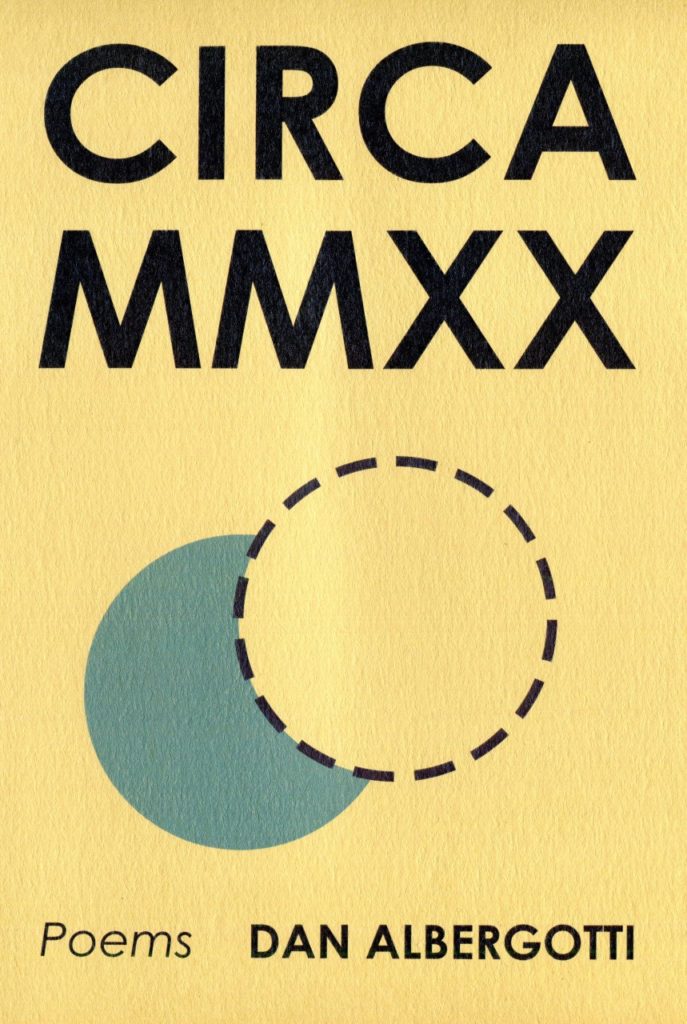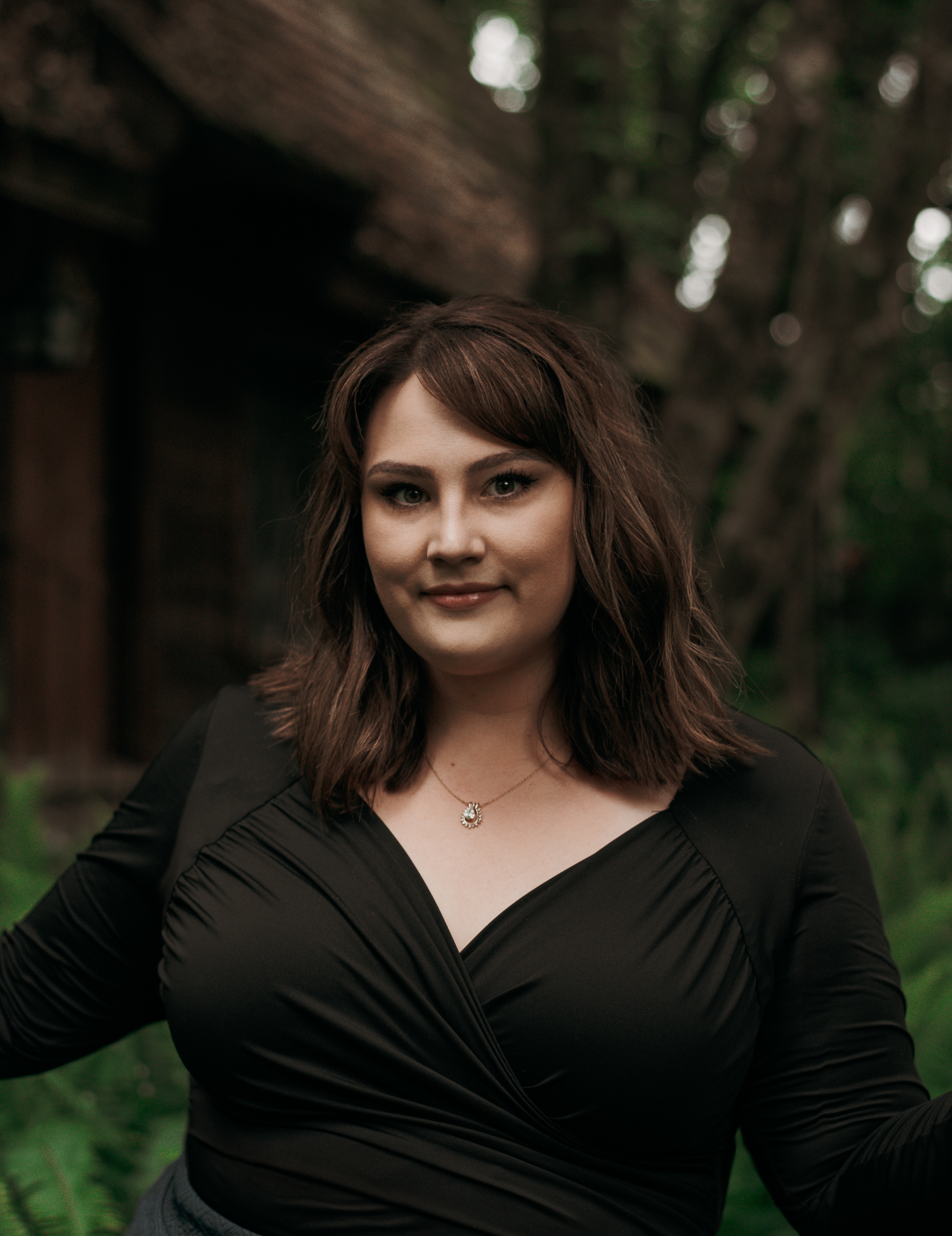To Dan Albergotti, professor of poetry in Coastal Carolina University’s Department of English, poetry is a way to see our world through a different lens, to make connections from the past to the present, and to understand the capacities and limitations of human life.
“I remember reading poems when I was a teenager for English classes and feeling like I was discovering something there,” said Albergotti. “It didn’t feel like I was studying something ancient. I felt like I was getting insight through the poem into the life of a human being that happened a long time before I was alive, and yet I recognized it.” Like time capsules, poetry can capture a snapshot of history on a page, transcending the limits of verbal communication over time.
In his most recent chapbook, Circa MMXX , Albergotti considers the year of chaos, panic, and political violence that was 2020. He puts into verse his thoughts concerning the world and humanity during that year and how it connects across our cosmic past.

“It’s got stuff about the pandemic in it. It’s got stuff about the very violent ideological politics of the time—the destruction of a lot of democratic norms over four years from 2016 to 2020,” said Albergotti. “So the poems are very topical and informed by a moment, but I’m always trying to find a way in them to see beyond that, to see a larger relevance, to connect it to something beyond the moment.”
Drawing inspiration from various poets, Albergotti shows within Circa MMXX how the past tends to reinvent and reconnect itself to our present lives through poetry. For example, Philip Larkin’s “MCMXIV” [1914] inspired the last poem of Albergotti’s chapbook, “MMXX.”
Albergotti notes that in remembering the thousands of lives lost during World War I, “Larkin’s poem ends, ‘Never such innocence again.’ And the idea behind it is that after such a cataclysmic event, no one could be innocent to the world again,” said Albergotti. In “MMXX,” Albergotti makes a similar connection, using two men fishing as a metaphor. “The last two lines are, ‘The fish drifts back toward the hook, no longer afraid, such innocence, ever again,’” said Albergotti. “The idea of going back towards the hook and not heeding your fear, or not really understanding the danger you’re putting yourself in, is that other kind of innocence which is ignorance. It’s like saying, ‘What have we learned? Here we are100 years since the flu epidemic that killed a whole lot of Americans and people worldwide, and here we are again100 years later.’ We just forget. We let it seep out of our consciousness, and we don’t prepare.”
In writing about timely topics within this collection, Albergotti hopes to challenge his readers to view the events of 2020 differently and to view poetry as a way to take control over the chaos of life.
“There’s this one thing that Robert Frost said about poetry that stuck with me,” said Albergotti. “He said, ‘It’s a way of taking life by the throat and not letting life get away with skirting around you. You take it by the throat and say, “This is real. This is it.”’”



